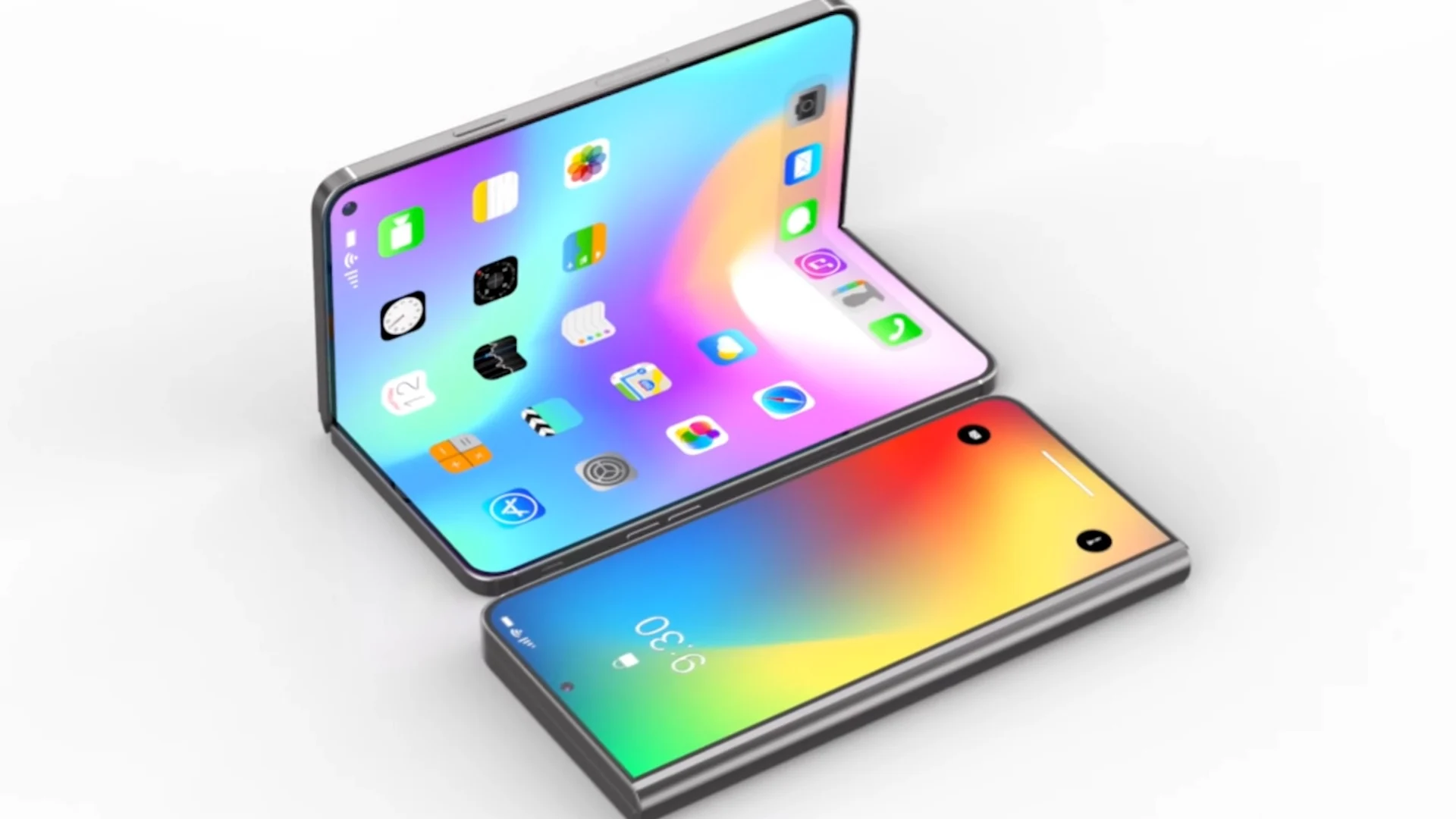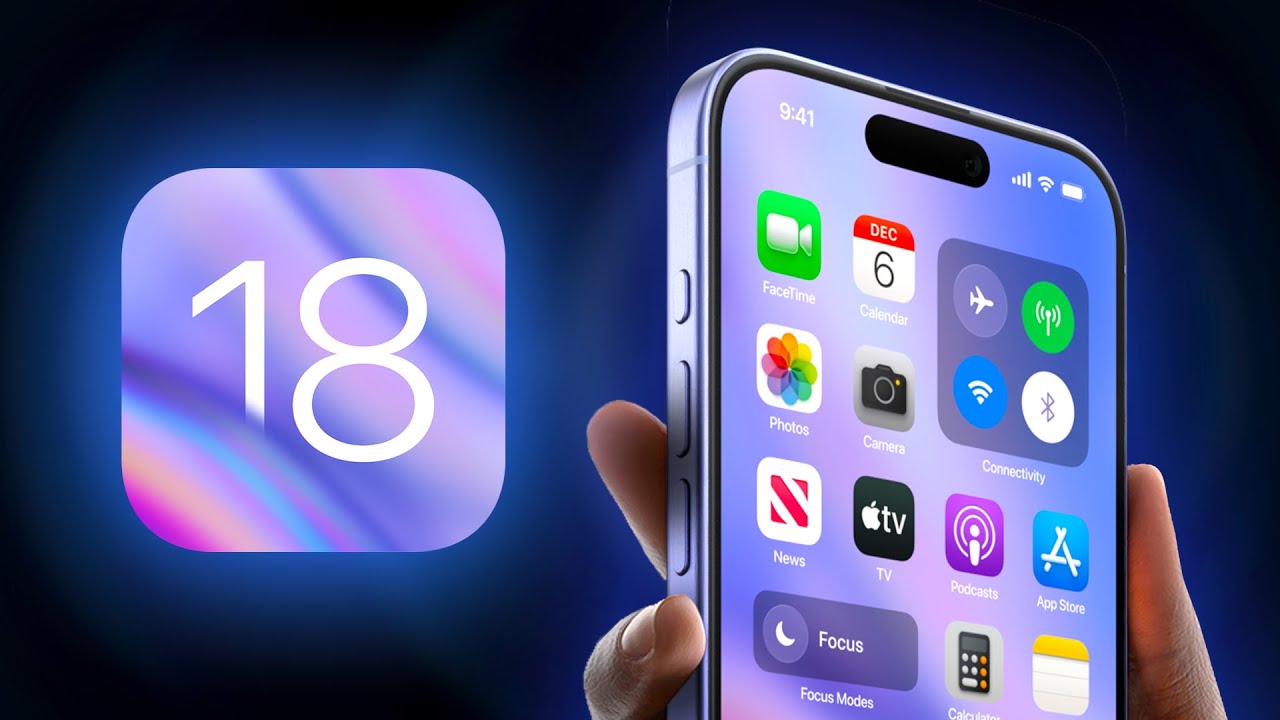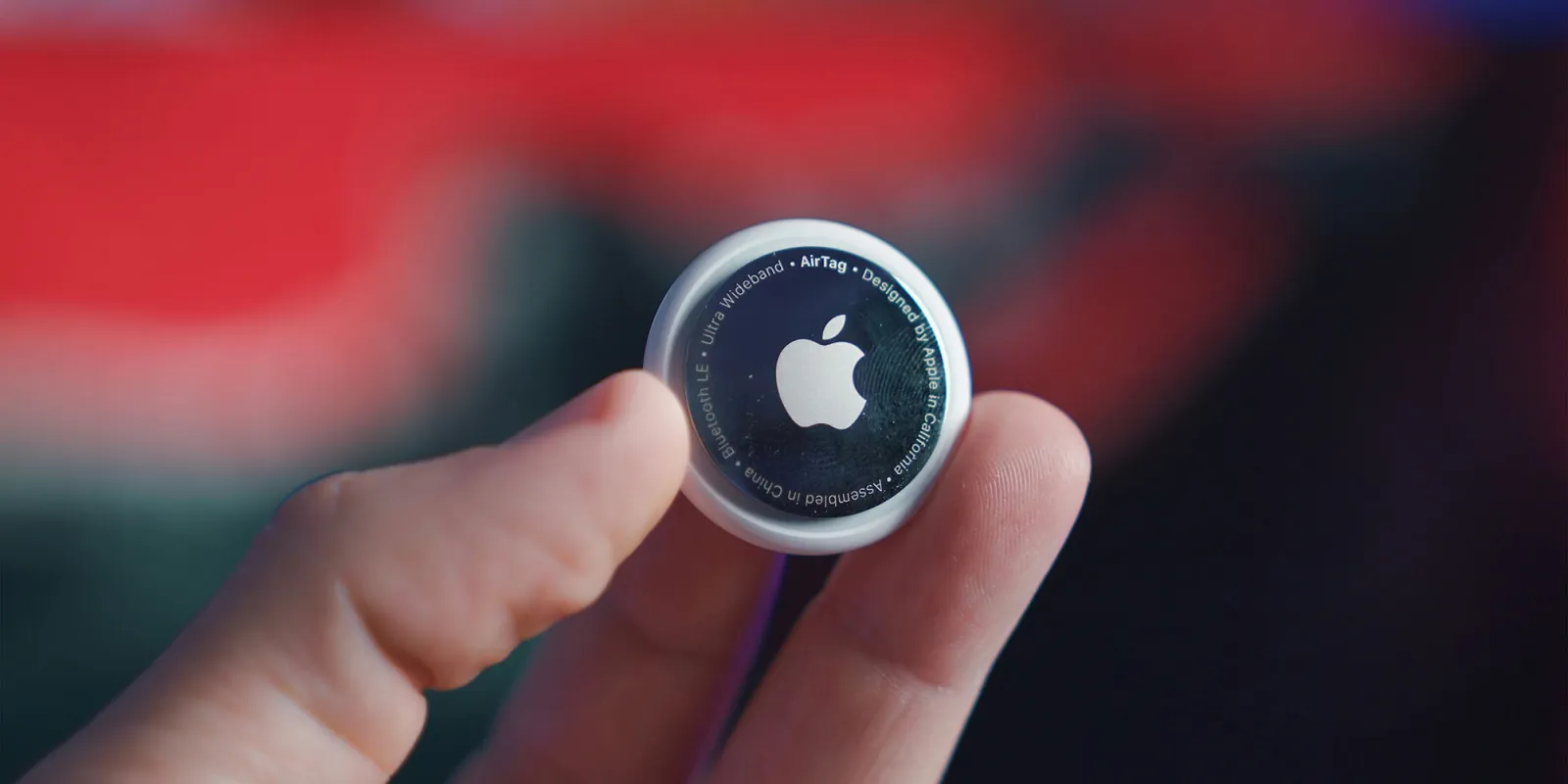Many iPhone users spotted a strange problem today with the phone’s voice typing feature. When they say “racist” to send a message, the word “Trump” pops up for a second before fixing itself to “racist.”
This quirky glitch happens when people use the iPhone’s dictation tool. Sometimes, as they speak “racist,” the phone types “Trump” in the Messages app. Then, it quickly changes to the right word after figuring out what was said.
In our tests, saying “racist” didn’t always turn into “Trump” first, but it happened more often than other mix-ups. We also noticed “Rhett” or “Rouch” showing up briefly before the phone corrected it to “racist.”
A video showing this odd bug has been making rounds on TikTok and other social media. An Apple spokesperson explained to The New York Times that the mix-up comes from the words sounding a bit alike. It’s unclear if this has been an issue for a while and only got noticed now, or if something changed recently to cause it. Apple assured us they’re working on a solution.
John Burkey, who used to work on Apple’s Siri team, told The New York Times that there might be something in Apple’s system accidentally turning “racist” into “Trump.” He jokingly called it a “big prank” but wasn’t sure if it was added on purpose or slipped into the data Apple uses for its smart features.
Note: Since this topic touches on political or social stuff, the chat about it is in our Political News forum. Everyone can read it, but only forum members with 100+ posts can join the conversation.





